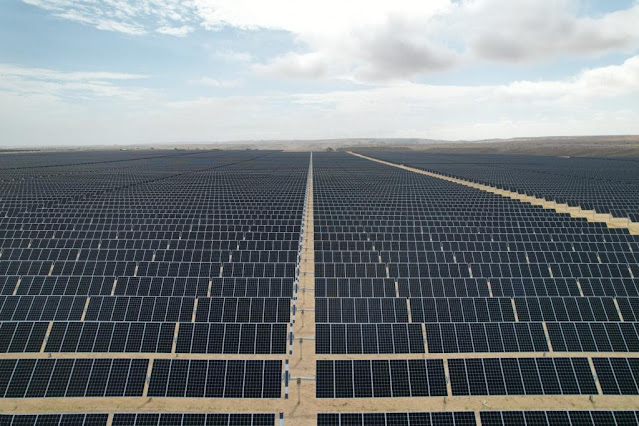Ukrainian leader says humanitarian corridor needs “reliable and long-term defence”.
Ukrainian President Volodymyr Zelenskyy has urged the international community to do more to protect the grain shipping corridor used to get food out of his country.
Zelenskyy said late on Tuesday the corridor was in need of “reliable and long-term defence” even as ships continued leave Ukrainian ports thanks to Turkey and the United Nations’ brokering of a deal to allow safe passage for shipments of grain and fertiliser.
“Russia must clearly be made aware that it will receive a tough response from the world to any steps to disrupt our food exports,” Zelenskyy said in a late-night address on social media.
“At issue here clearly are the lives of tens of millions of people.”
Russian President Vladimir Putin earlier told his Turkish counterpart Recep Tayyip Erdogan that he would consider rejoining the landmark agreement subject to security guarantees from Kyiv after Moscow suspended its involvement over a drone attack in occupied Crimea.
Moscow on Saturday said it would no longer participate in the deal after accusing Kyiv of carrying out a “terrorist” attack on Russian ships in coordination with “specialists” from the United Kingdom.
Kyiv has neither denied nor accepted responsibility for the attack, while London dismissed Moscow’s accusation as an “invented story”.
Russia on Monday fired missiles at Ukrainian cities, including Kyiv, in what Putin said was retaliation for the attack on its Black Sea Fleet.
Washington condemned the missile strikes, accusing Moscow of “exacerbating human suffering” by targeting electricity and water supplies.
Russia’s invasion of Ukraine has worsened food shortages and the cost of living crisis sweeping the world, prompting a flurry of diplomatic activity to tame spiralling prices and avert famine in developing countries.
More than 9.5 million tonnes of grain and related products have been exported under the deal brokered in July, which aims to restore exports to prewar levels of 5 million tonnes each month.
Ukrainian Infrastructure Minister Oleksandr Kubrakov said on Tuesday that eight loaded ships were expected to travel through the corridor on Thursday.

.png)






